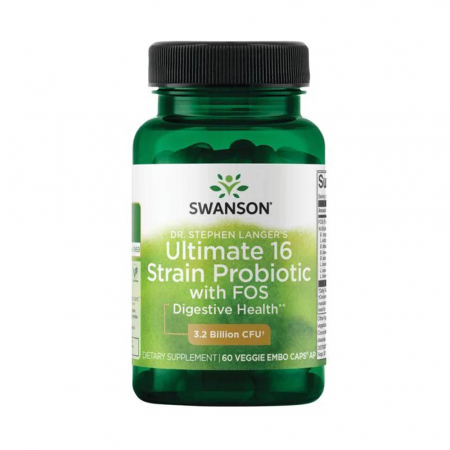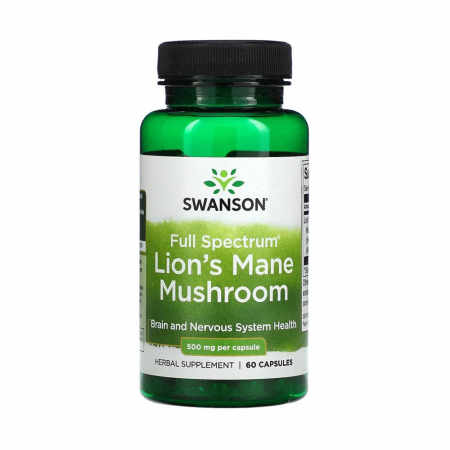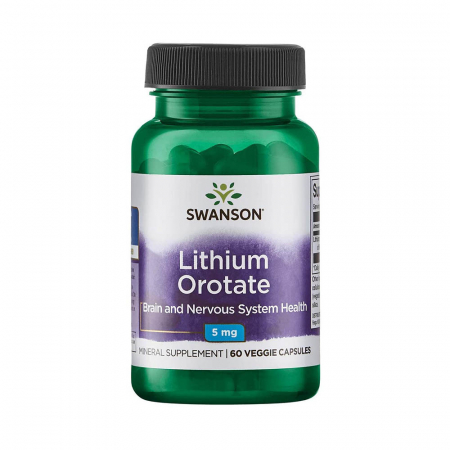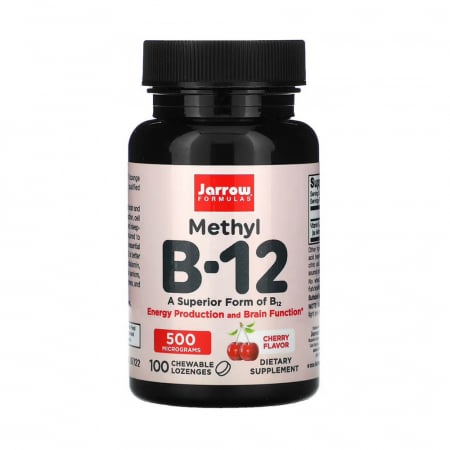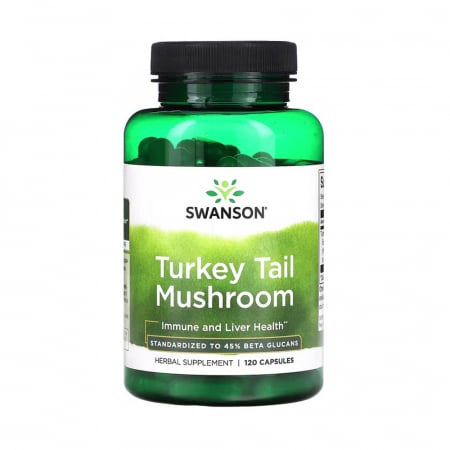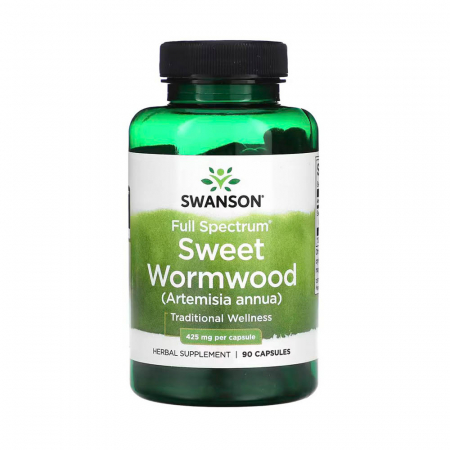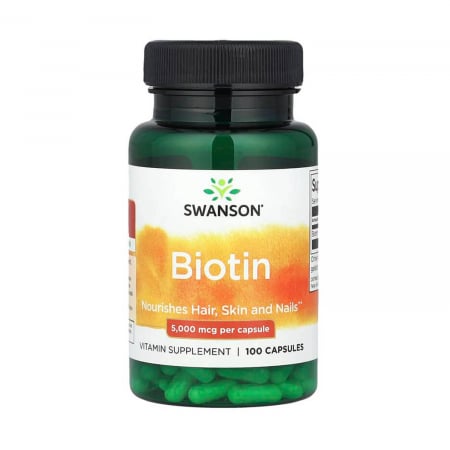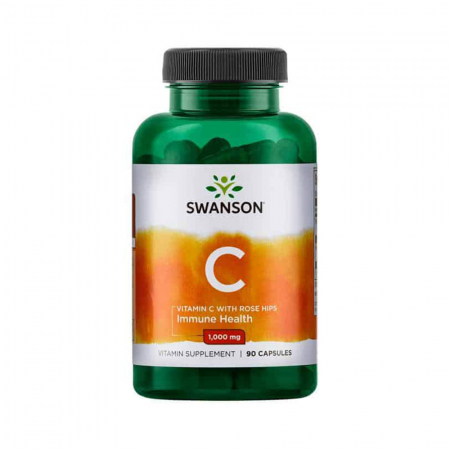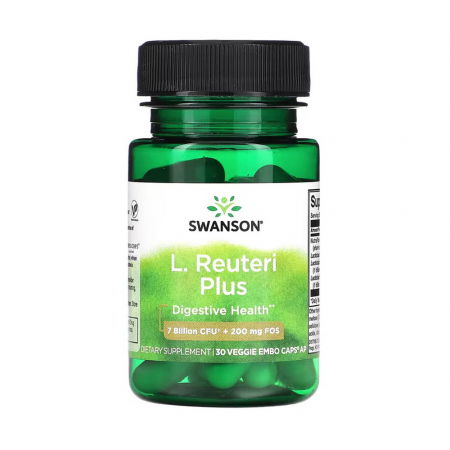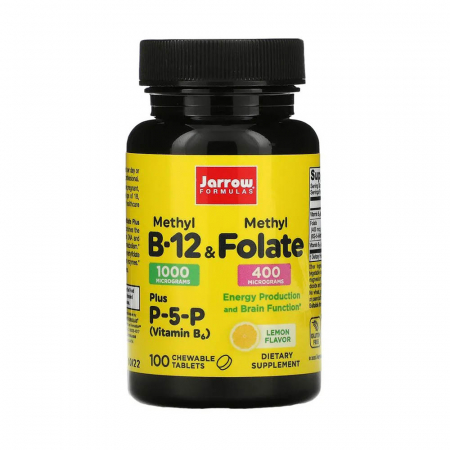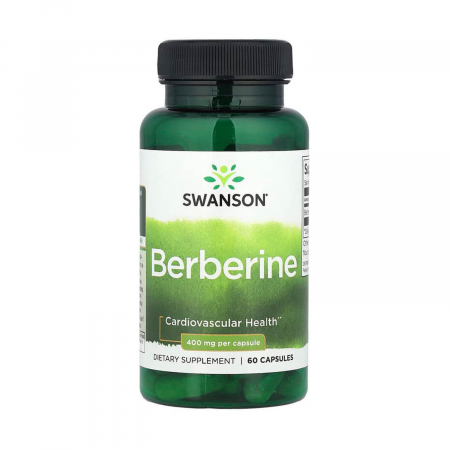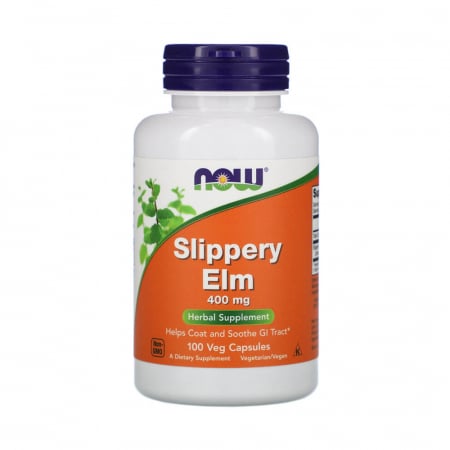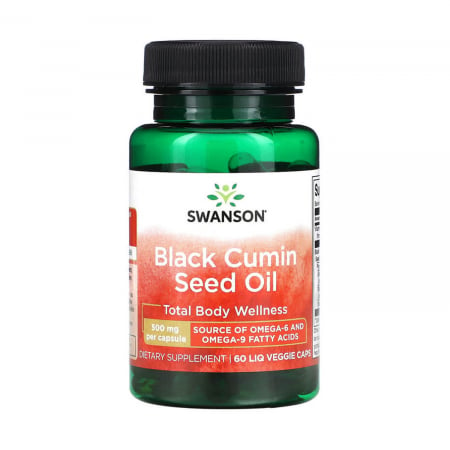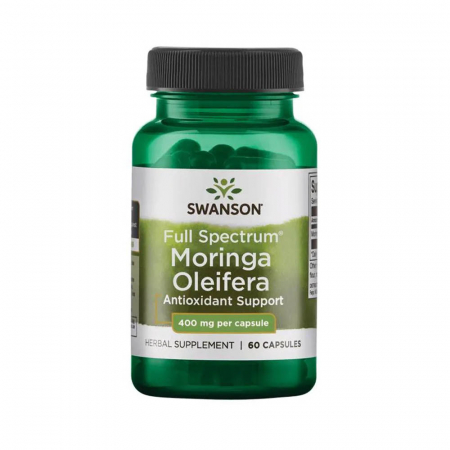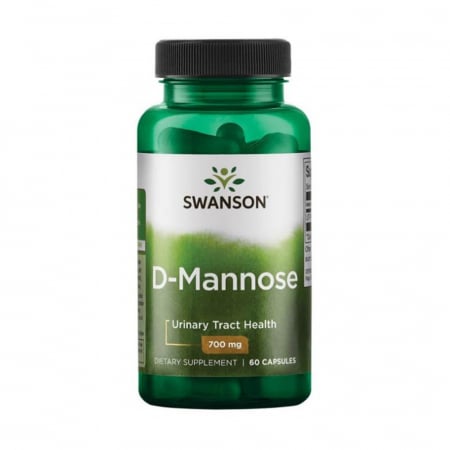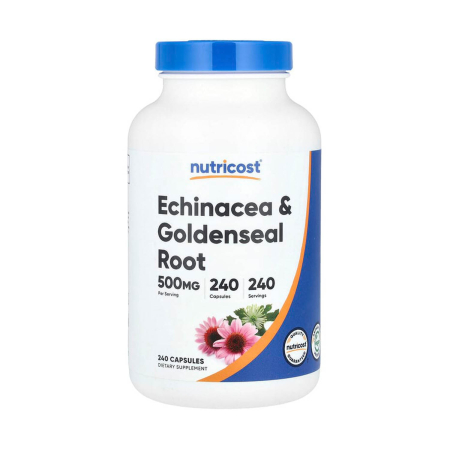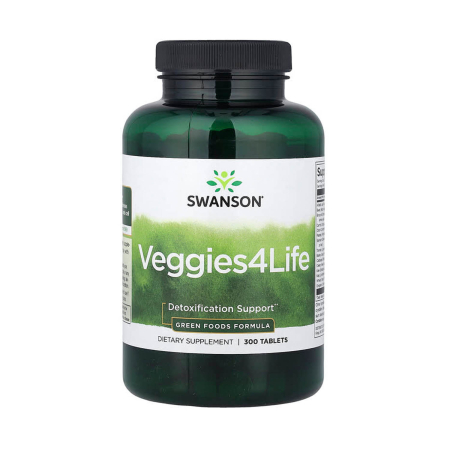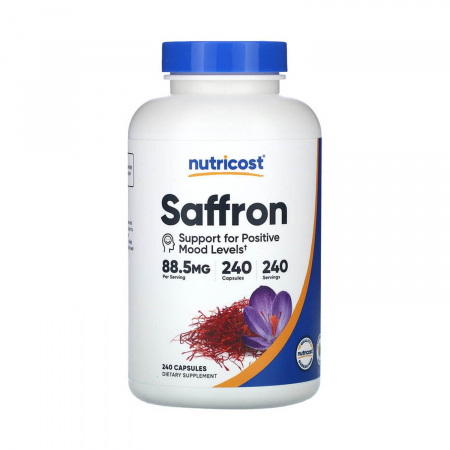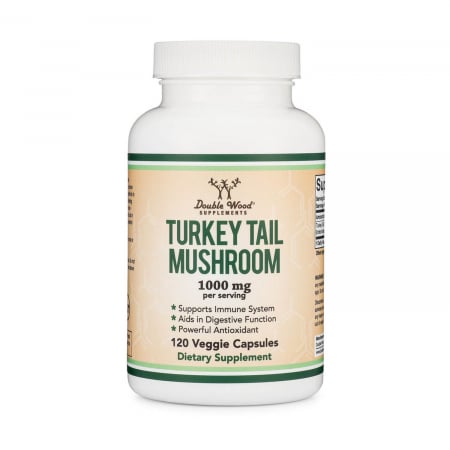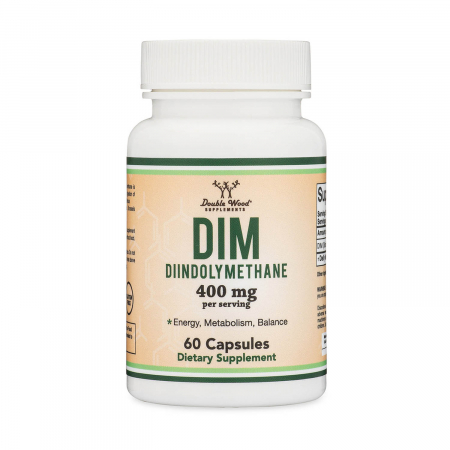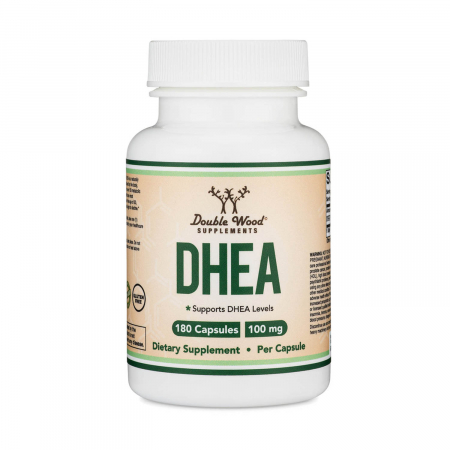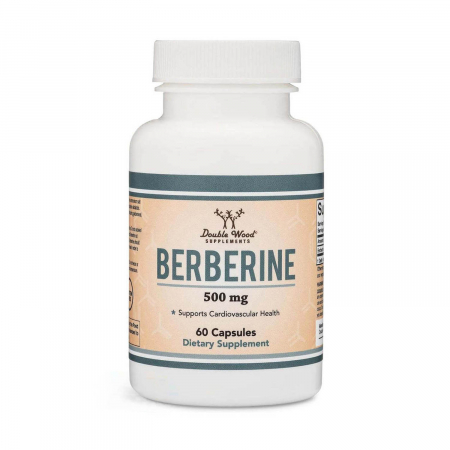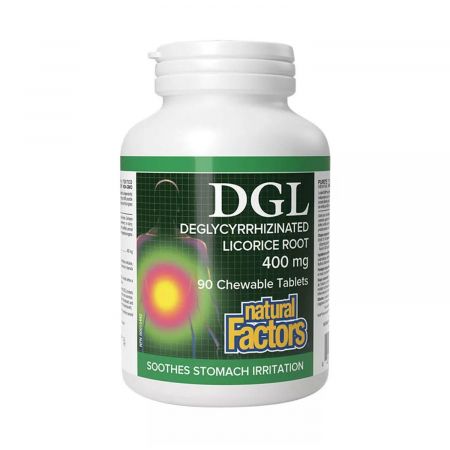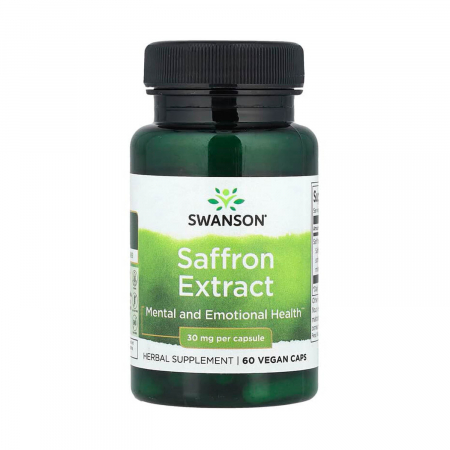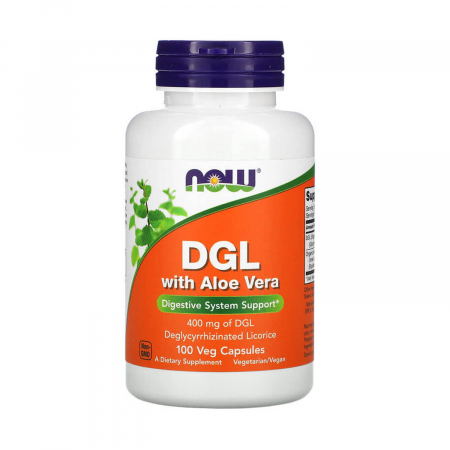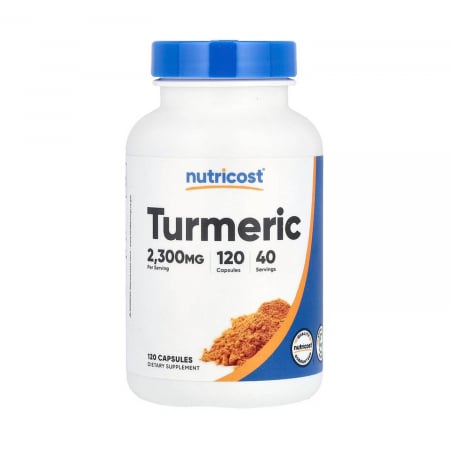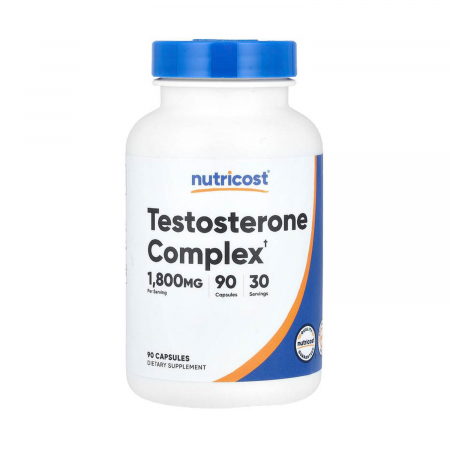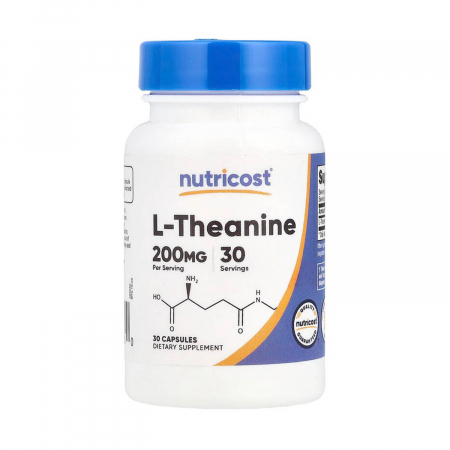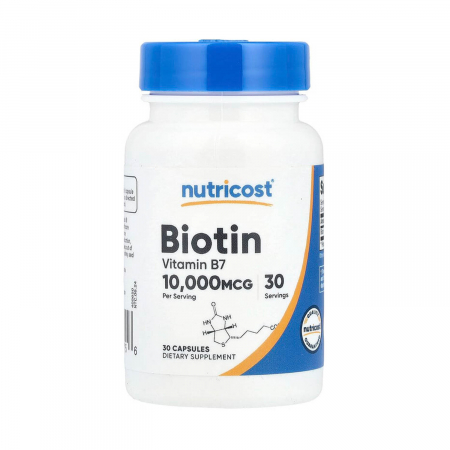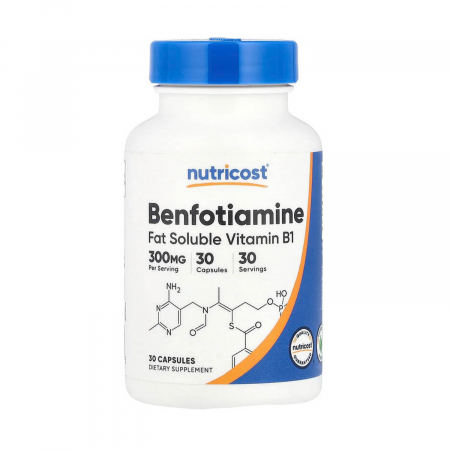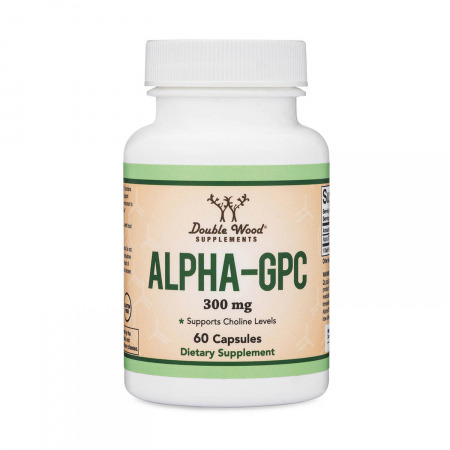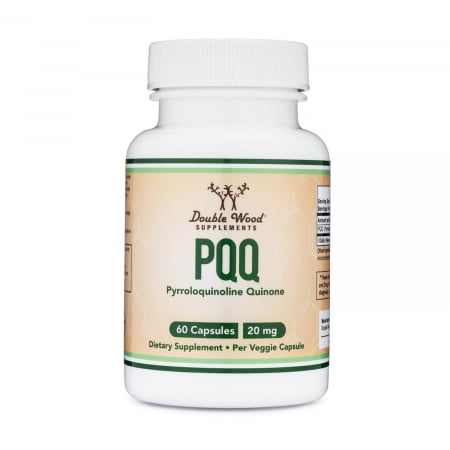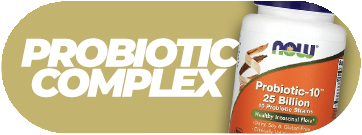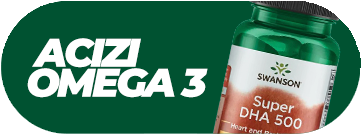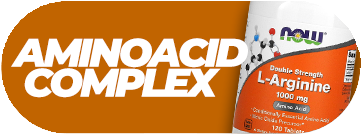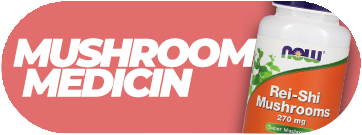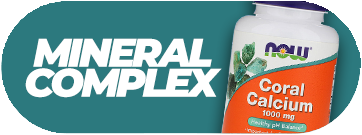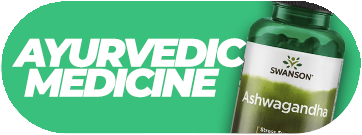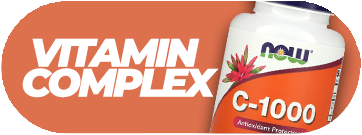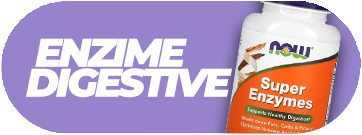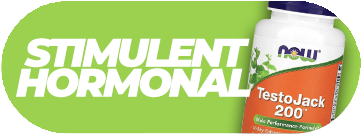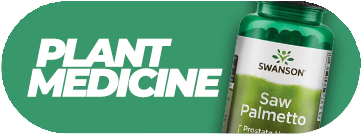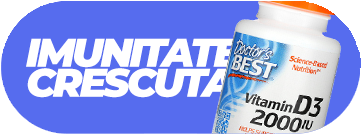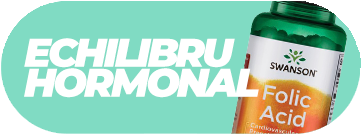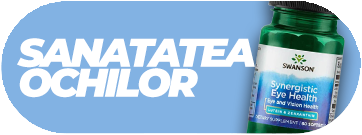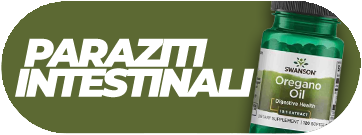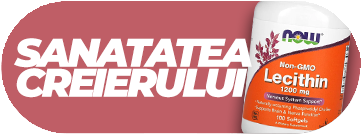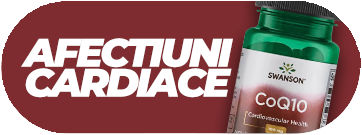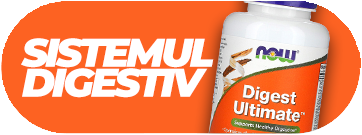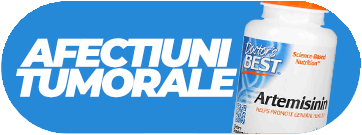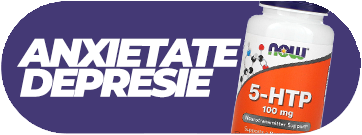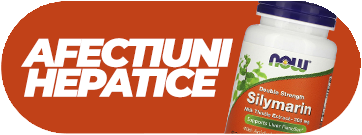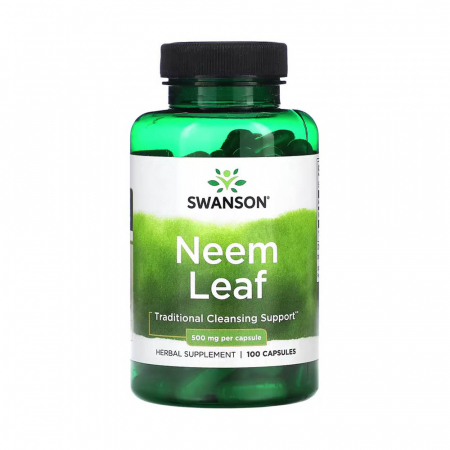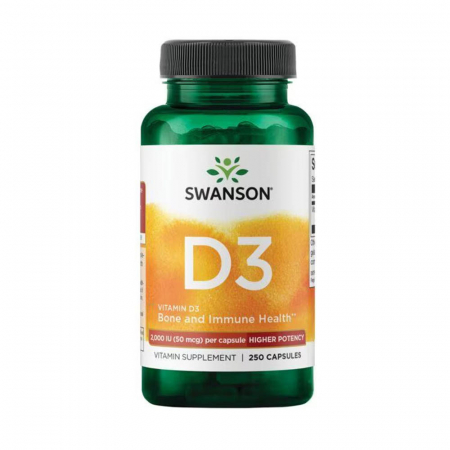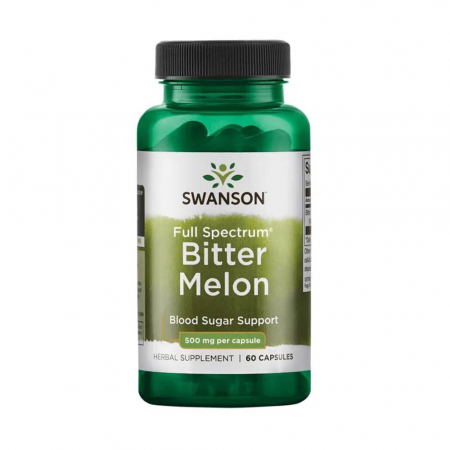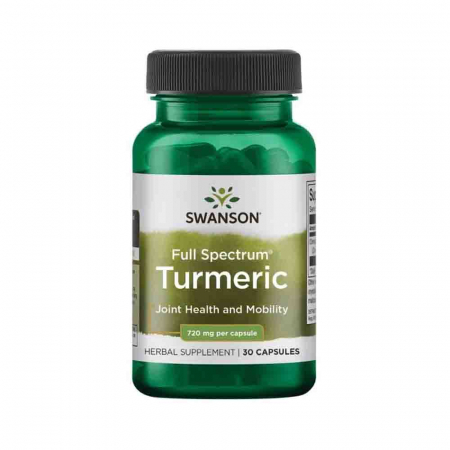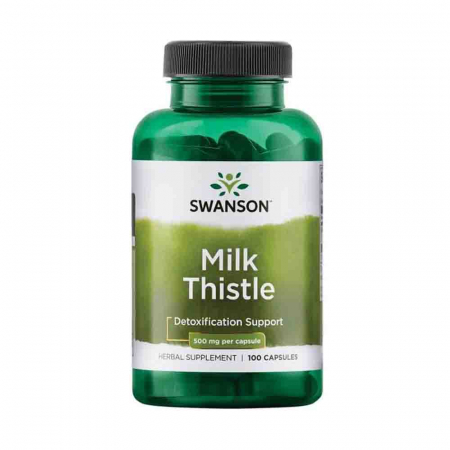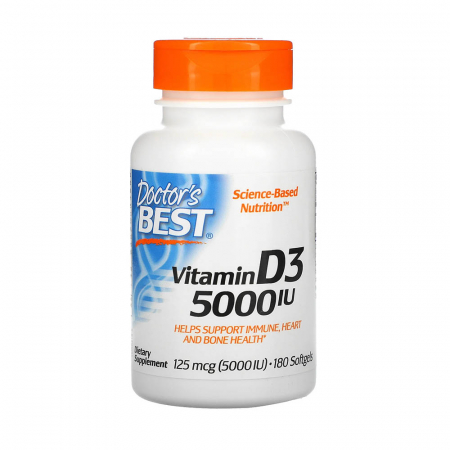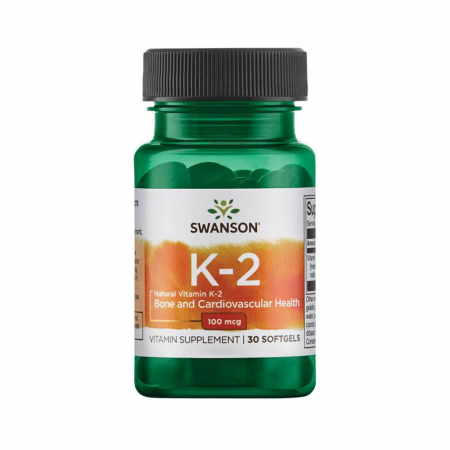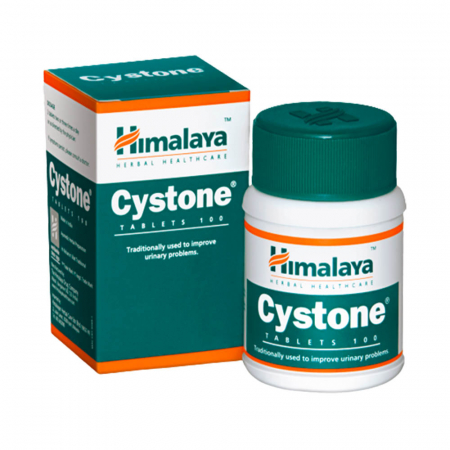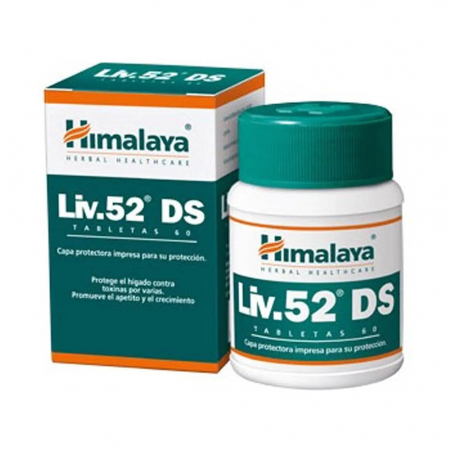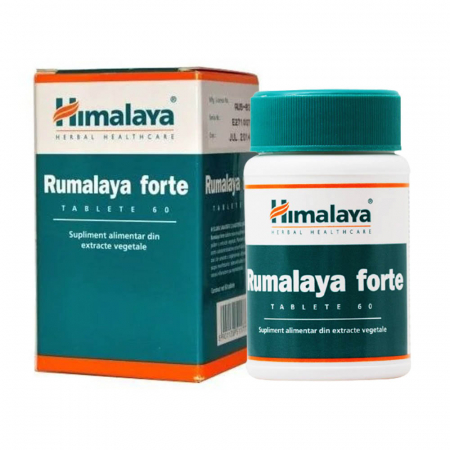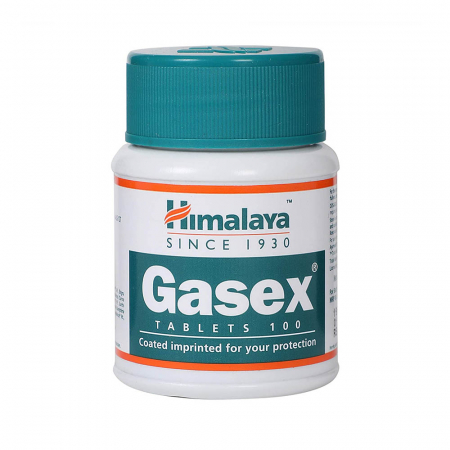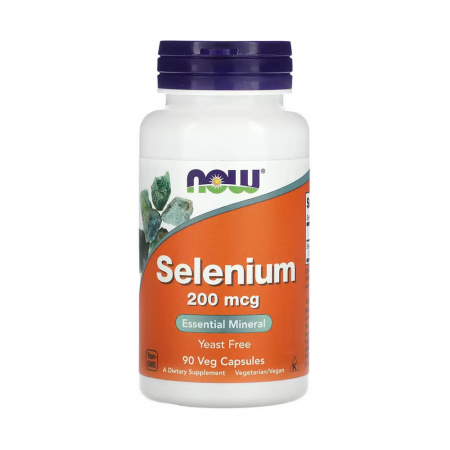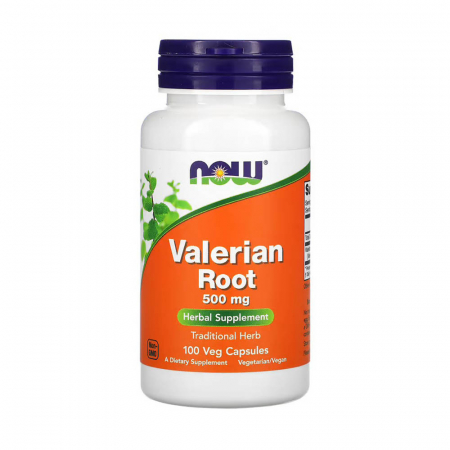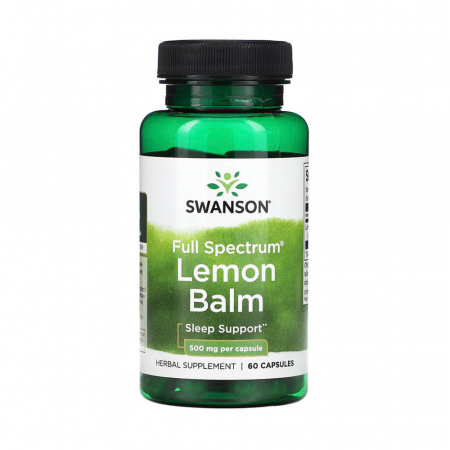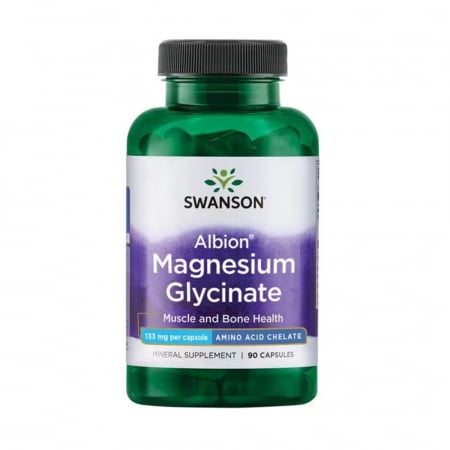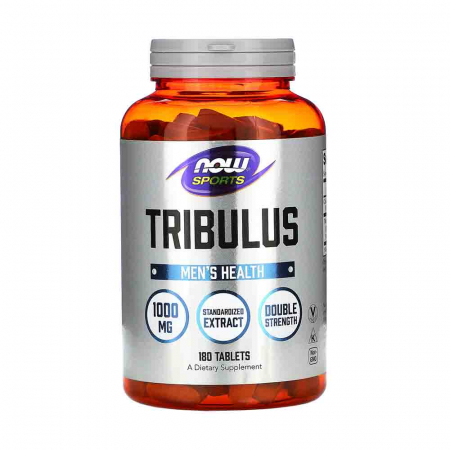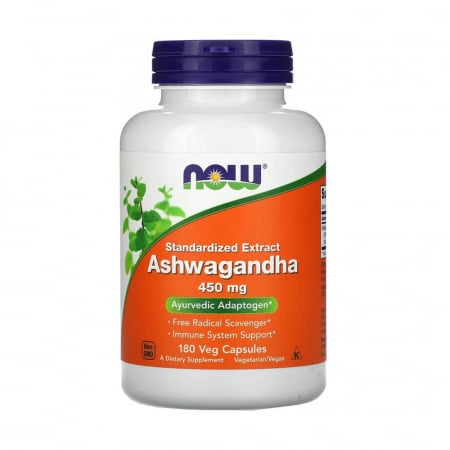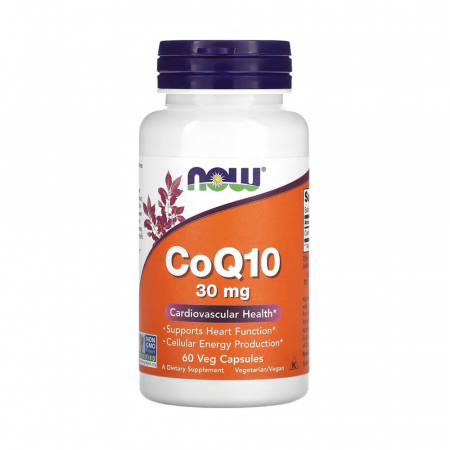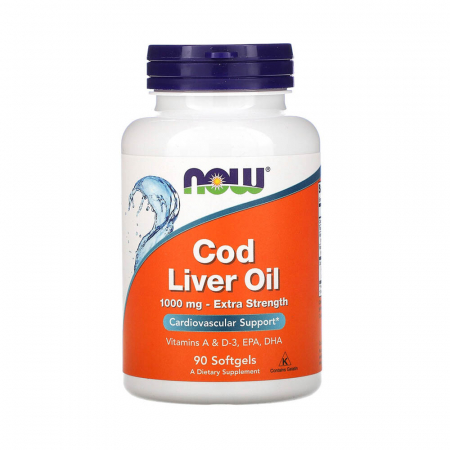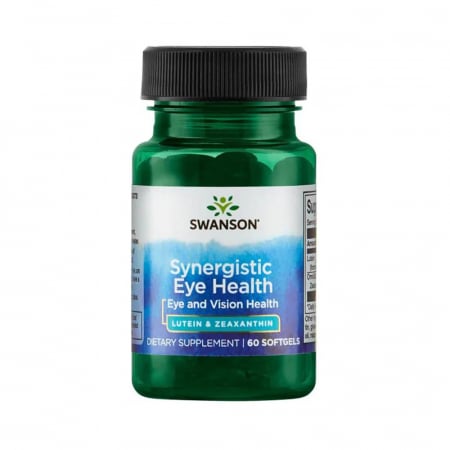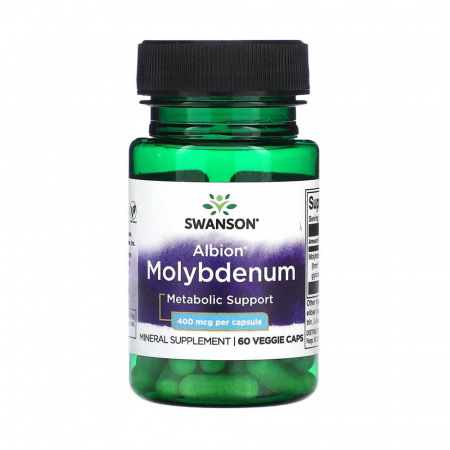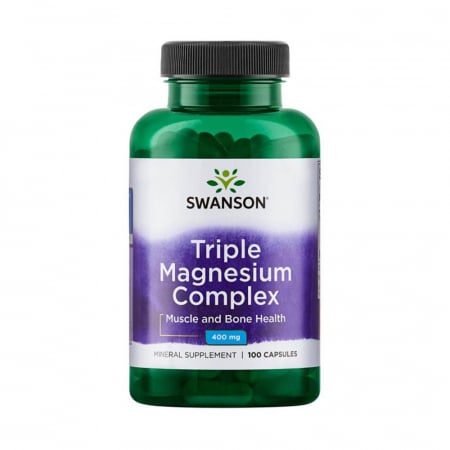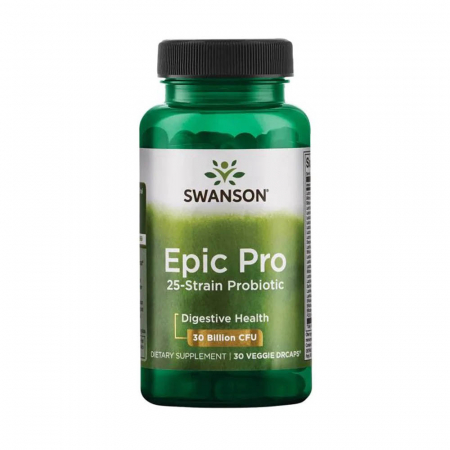Supplements from A to Z
Display: 1-6 from 6 products
FiltersYour selection:
Manufacturer: Double Wood Supplements ×
Double Wood Supplements
166,60 RON
104,99 RON
DIM 200 mg, Double Wood Supplements, 60 capsules X003R1VTAF
Dietary supplements have been discussed more and more frequently in recent years. The notion, relatively newly entered both in Romanian legislation and in common language, is associated either with special products for athletes, or with traditional tinctures and teas that promise to solve all health problems.
Beyond the issues of perception and the tendency to look for natural or naturist solutions, food supplements represent a field that means much more than "grinding" a plant and has behind it the results of research in the fields of biotechnologies, medicine, nutrition and an industry extremely dynamic.
Herbs and glandular extracts have been used since ancient times to correct certain deficiencies, they also represent some of the first natural treatment remedies. Along with the development of modern medicine and pharmacology, natural health products followed two parallel directions: complex formulas were researched and developed that could be recommended in parallel with allopathic treatments, including vitamins, minerals, amino acids, antioxidants and probiotics, or remained in an area of obscurity, becoming working tools of various doctors and healers who use the reputation of certain plants or extracts to recommend good "cures" for everything, especially in incurable diseases.
Due to the permissive legislation, both categories continue to exist, but the difference is mostly made by the consumer, and information is essential in this case.
What are Food Supplements?
Food supplements are preparations containing vitamins, minerals or other substances with a nutritional or physiological effect (fibers, amino acids, fatty acids, vegetable or animal extracts) that are indicated when, for certain reasons, they are missing or not found in a sufficient amount enough in the daily diet, or when the body needs a supplement of nutrients (for example, in disease states). It is marketed in different forms: capsules, tablets, hydroalcoholic extracts, powder, ointments, etc.1 In Romania, the field of food supplements is regulated by the National Institute of Food Bioresources (IBA) and the Ministry of Health. Food supplements that contain only vitamins and/or minerals are approved by the Ministry of Health, while the rest fall under the jurisdiction of the National Service for Medicinal Plants, Aromatics and Beehive Products - SNPMAPS, within the IBA. The USA was the first country to develop a special law on dietary supplements - the Dietary Supplement Health and Education Act (DSHEA), in 1994, while the European Union offered a legislative framework for this field only in 2002, through Directive 2002/46/ WHAT THE.
Beyond the issues of perception and the tendency to look for natural or naturist solutions, food supplements represent a field that means much more than "grinding" a plant and has behind it the results of research in the fields of biotechnologies, medicine, nutrition and an industry extremely dynamic.
Herbs and glandular extracts have been used since ancient times to correct certain deficiencies, they also represent some of the first natural treatment remedies. Along with the development of modern medicine and pharmacology, natural health products followed two parallel directions: complex formulas were researched and developed that could be recommended in parallel with allopathic treatments, including vitamins, minerals, amino acids, antioxidants and probiotics, or remained in an area of obscurity, becoming working tools of various doctors and healers who use the reputation of certain plants or extracts to recommend good "cures" for everything, especially in incurable diseases.
Due to the permissive legislation, both categories continue to exist, but the difference is mostly made by the consumer, and information is essential in this case.
What are Food Supplements?
Food supplements are preparations containing vitamins, minerals or other substances with a nutritional or physiological effect (fibers, amino acids, fatty acids, vegetable or animal extracts) that are indicated when, for certain reasons, they are missing or not found in a sufficient amount enough in the daily diet, or when the body needs a supplement of nutrients (for example, in disease states). It is marketed in different forms: capsules, tablets, hydroalcoholic extracts, powder, ointments, etc.1 In Romania, the field of food supplements is regulated by the National Institute of Food Bioresources (IBA) and the Ministry of Health. Food supplements that contain only vitamins and/or minerals are approved by the Ministry of Health, while the rest fall under the jurisdiction of the National Service for Medicinal Plants, Aromatics and Beehive Products - SNPMAPS, within the IBA. The USA was the first country to develop a special law on dietary supplements - the Dietary Supplement Health and Education Act (DSHEA), in 1994, while the European Union offered a legislative framework for this field only in 2002, through Directive 2002/46/ WHAT THE.
PRODUCT CATEGORIES
CATEGORIES OF DISEASES
Customer Support Monday - Friday: 09:00 - 16:00
0764710771 0316304093 contact@suplimenteoriginale.ro
